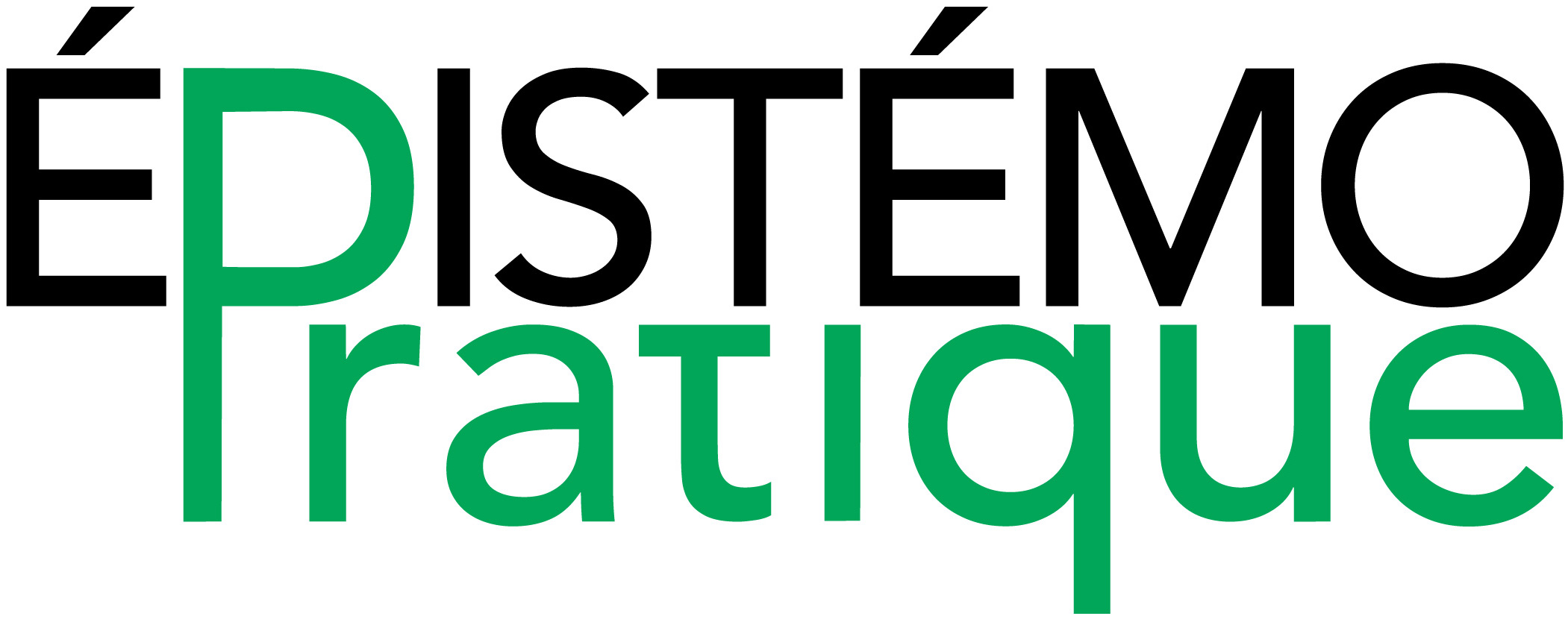Philosophy in and for Society: Developing Best Practices for Engagement
June 5th, 2018 • 9h00 à 12h30
UQAM, Pavillon Sherbrooke (métro Place-des-Arts), local SH-3760
The entire symposium is now on Youtube!
'Open Event' Symposium at the Annual Meeting of the Canadian Philosophical Association (to attend, you have no need to register ot the CPA Meeting)
Résumé
In this bilingual symposium, we seek to reflect collectively on the methods and best practices that enable philosophy to impact broader society in a positive way. Philosophers in North America and abroad are increasingly active outside of the department, serving as ethics experts in STEM, pushing for institutional reform, collecting sociological data, or serving as public intellectuals. But missing, perhaps, across these activities is a communal sense of the range of methods, theoretical commitments, and practical infrastructures that make engagement possible.
Rather than debate the essence of engaged philosophy, participants with diverse styles of engagement will present their own recipe for societally-relevant research. Presentations will
address theoretical or practical issues associated with philosophical engagements outside of the department, reflecting openly about how they link their intellectual program with substantive community impact. In this way, the session will bring together like-minded philosophers to share outlooks and forge future collaborations for the public good.
Organizers
Matthew Sample, Neuroéthique, Institut de recherches cliniques de Montréal
François Claveau, Université de Sherbrooke
Participants
- Françoise Baylis, Dalhousie University
- William-Jacomo Beauchemin, Exeko
- Valéry Giroux, Université de Montréal
- Alexandre Lavallée, PetalMD
- Alain Létourneau, Université de Sherbrooke
- Brooke Struck, Science-Metrix
Agenda
- [10min] Introduction (Co-organizers/co-organisateurs)
- [45min] 3 presentations (15 minutes each/chacune)
- Françoise Baylis (Dalhousie University), The roles and responsibilities of scholars in creating public debate: Challenging intuitive ethical considerations
- Alexandre Lavallée (PetalMD), Comment et pourquoi faire le marketing de la philosophie?
- Valéry Giroux (Université de Montréal), L’engagement antispéciste des chercheurs.ses en éthique animale
------[15min] Break------
- [45min] 3 presentations (15 minutes each/chacune)
- William-Jacomo Beauchemin (Exeko), La médiation intellectuelle : une pratique de la philosophie et un outil d’action sociale
- Alain Létourneau (Université de Sherbrooke), Un engagement en gouvernance de l’adaptation aux changements climatiques
- Brooke Struck (Science-Metrix), Embodied concepts: how philosophical analysis can guide institutional reform
------[15min] Break------
- [70min] Discussion - including/incluant:
- What schools, theories and methods in philosophy are especially amenable to engagement? / Quelles écoles, théories et méthodes en philosopĥie sont particulièrement adaptées à l’engagement social?
- How do we measure our impact? What does success look like? How can we be confident that we don’t do harm? / Comment mesurons-nous notre impact ou notre succès? Pouvons-nous être confiant.e.s de ne pas faire du tort?
- What is our position vis-a-vis non-philosophers? Does the philosophical ethos determine a specific role for ourselves in society? Does expertise imply authority or are we better understood as facilitators/representatives? / Quelle est notre relation avec les non philosophes? Est-ce que l’ethos des philosophes nous donne un rôle spécifique dans la société? Avons-nous une expertise, une autorité ou avons-nous une fonction différente?
- What practical infrastructure is required for engagement? / Quelles infrastructures pratiques sont nécessaire pour l’engagement?
[10min] Conclusion (Co-organizers/co-organisateurs)
This content has been updated on July 4th, 2018 at 16 h 30 min.


